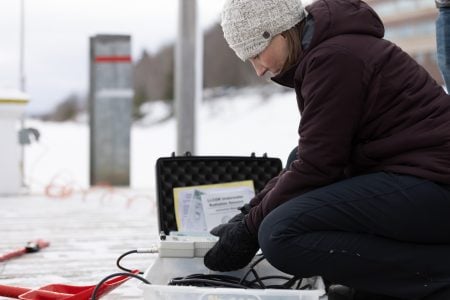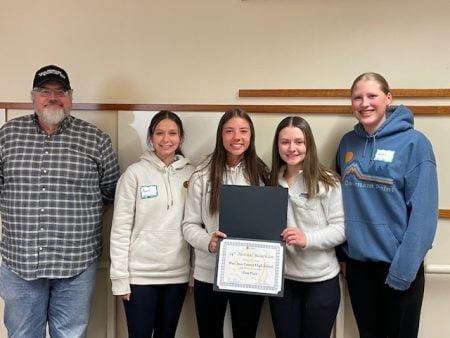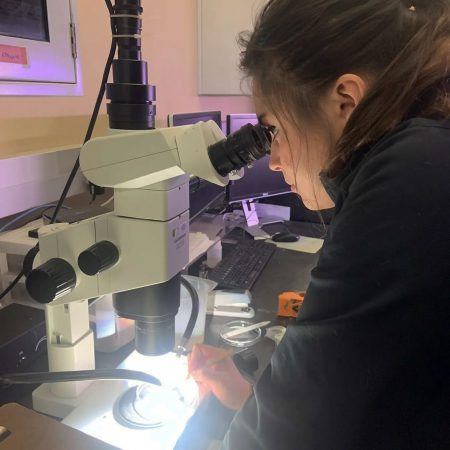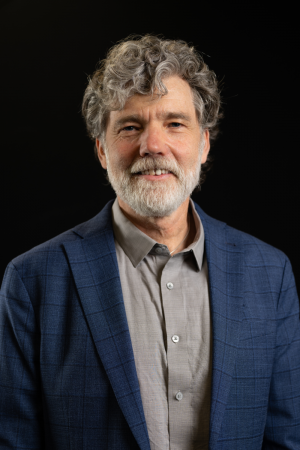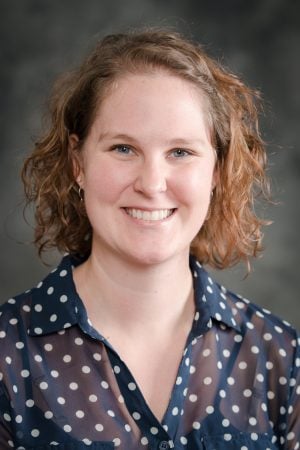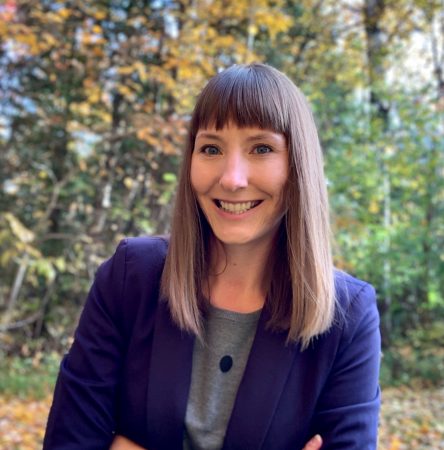Trista Vick-Majors (BioSci/GLRC) was interviewed on a science podcast supported by the European Cooperation in Science and Technology, the ParAqua Podcast. The ParAqua Podcast highlights new and interesting research in aquatic and marine ecology. Episode 5 of the ParAqua Podcast, released May 19, focused on Vick-Majors’ research in the polar regions on aquatic ecosystems.
Trista Vick-Majors is a microbial ecologist who studies the reciprocal relationships between microbial communities and biogeochemical processes in aquatic ecosystems. She is interested in understanding how chemical and physical characteristics interact with microbial communities, and influence or are influenced by microbial metabolism and diversity. Trista’s work is also aimed at understanding energetic constraints on microbial metabolism that could result from seasonal or ecosystem change change, such as the formation of ice-cover. Her field work locales span temperate environments with seasonal ice-cover, where rapid environmental change is affecting ice duration and thickness, and polar environments where ice-cover can be a permanent fixture. Vick-Majors’ research happens at the interface of biogeochemistry and microbial ecology.
About the Biological Sciences Department
Biological scientists at Michigan Technological University help students apply academic concepts to real-world issues: improving healthcare, conserving biodiversity, advancing agriculture, and unlocking the secrets of evolution and genetics. The Biological Sciences Department offers seven undergraduate degrees and three graduate degrees. Supercharge your biology skills to meet the demands of a technology-driven society at a flagship public research university powered by science, technology, engineering, and math. Graduate with the theoretical knowledge and practical experience needed to solve real-world problems and succeed in academia, research, and tomorrow’s high-tech business landscape.
Questions? Contact us at biology@mtu.edu. Follow us on Facebook and Instagram for the latest happenings.
